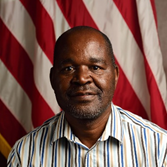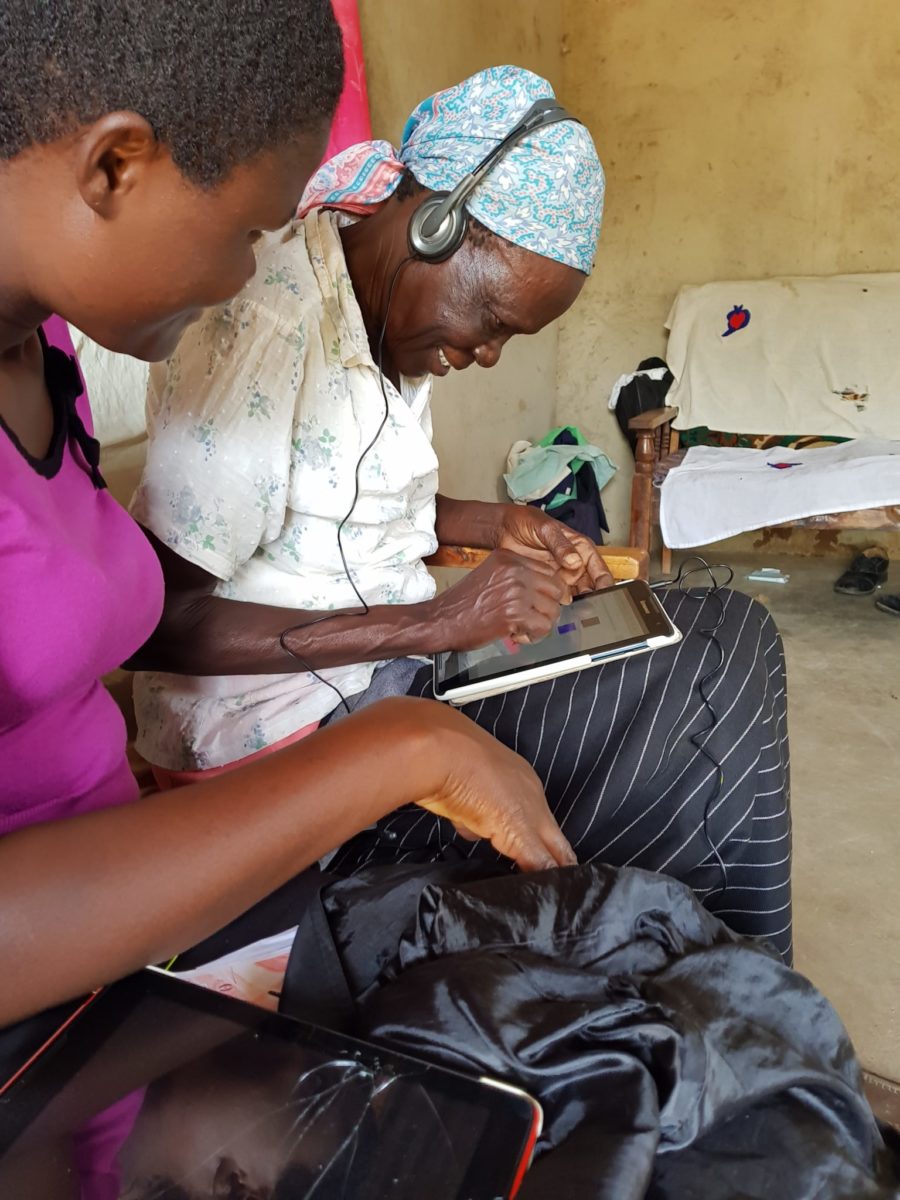PEP Seminar: How a Focused Budgeting Activity Increased Savings across the Hungry Season in Zambia
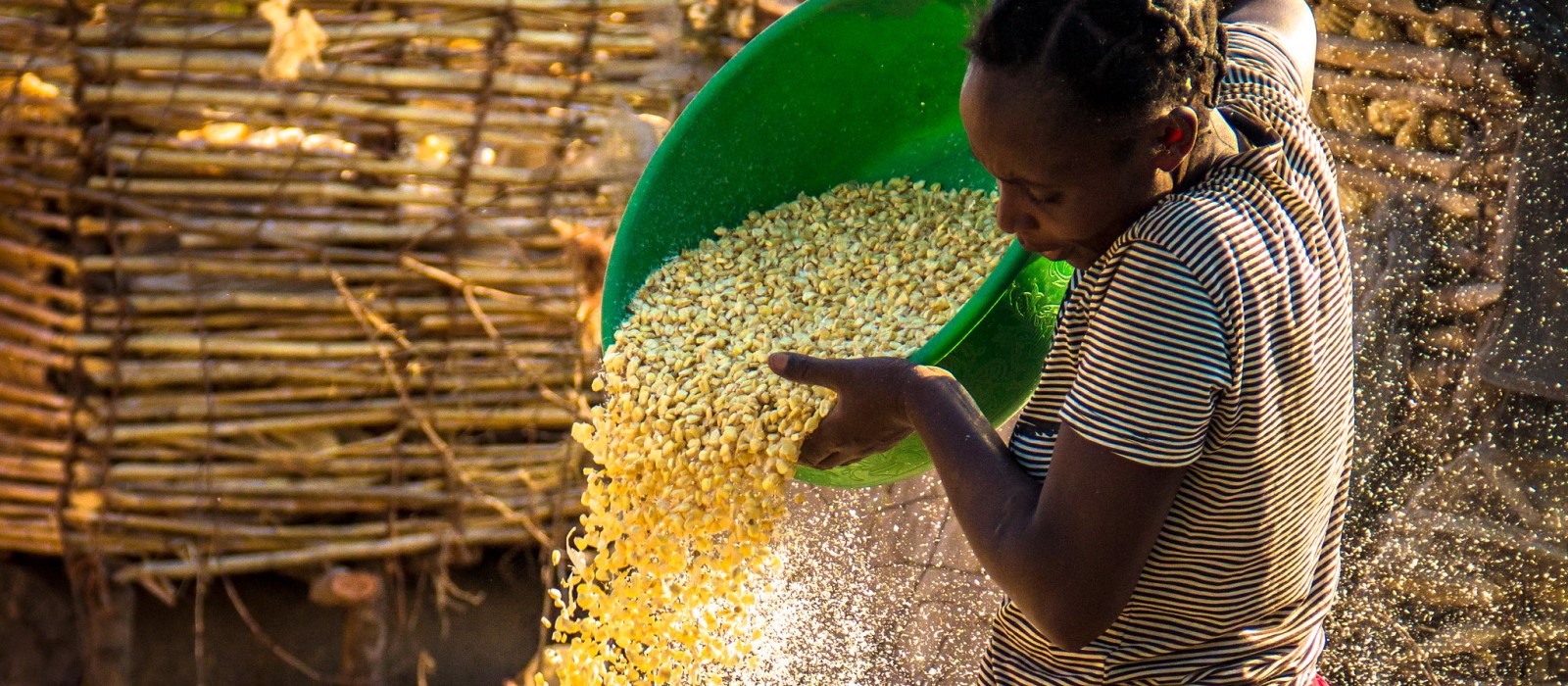
Alex Berger via Flickr
The hungry season—a period of shortfalls in food and savings before the following harvest—is a common feature of life for rural families in many developing countries. To make up for these shortfalls, many farmers turn to casual wage labor to buy food or cut back on investments that could increase next year’s yields. While both decisions keep a family fed, they also compromise the family’s potential. Recent research has found a way to mute these impacts and set families up for a better future.
This Agrilinks webinar, co-hosted by the Feed the Future Innovation Lab for Markets, Risk and Resilience at UC Davis, and the Center for Effective Global Action at UC Berkeley, presents new research supported by USAID. This randomized controlled trial in Zambia found a way for smallholder farming families to reallocate their savings across the year, reducing hunger while setting themselves up for higher future yields. A simple, inexpensive budgeting intervention stretched farmers’ savings by roughly one extra month while increasing farm yields by 9 percent in the following year.
While the challenge of the hungry season has previously been met with interventions that increase income such as credit or incentives for migration, this modest budget intervention addresses one of the hungry season’s root causes, which is lack of savings. Treating the hungry season as a savings problem can complement existing policies that seek to support families through shortages while also establishing a foundation to improve their future welfare.
This Agrilinks Webinar offered clear evidence of the impacts attained within the scope of this research project and describe the real development potential of this cost-effective program on household resilience.
Speakers
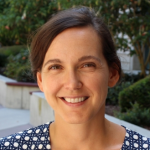 Dr. Kelsey Jack is an Associate Professor at the Bren School of Environmental Science and Management at UC Santa Barbara and a faculty affiliate at the Center for Effective Global Action at UC Berkeley. Dr. Jack also co-directs the King Climate Action Initiative at the Jameel Poverty Action Lab (J-PAL) at MIT and is an Associate Editor at the American Economic Review. Her research lies at the intersection of environmental and development economics, with a focus on household decision making about natural resources and the private provision of public goods. Much of her research uses field experiments to test theory and new policy innovations in African, Asian and Latin American contexts. Prior to joining the faculty at UCSB, she was an Assistant Professor in the Economics Department at Tufts University and a Post-Doctoral Associate at MIT, with the Agricultural Technology Adoption Initiative (ATAI) at J-PAL.
Dr. Kelsey Jack is an Associate Professor at the Bren School of Environmental Science and Management at UC Santa Barbara and a faculty affiliate at the Center for Effective Global Action at UC Berkeley. Dr. Jack also co-directs the King Climate Action Initiative at the Jameel Poverty Action Lab (J-PAL) at MIT and is an Associate Editor at the American Economic Review. Her research lies at the intersection of environmental and development economics, with a focus on household decision making about natural resources and the private provision of public goods. Much of her research uses field experiments to test theory and new policy innovations in African, Asian and Latin American contexts. Prior to joining the faculty at UCSB, she was an Assistant Professor in the Economics Department at Tufts University and a Post-Doctoral Associate at MIT, with the Agricultural Technology Adoption Initiative (ATAI) at J-PAL.
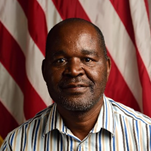 Mr. Harry Ngoma joined USAID/Zambia in 2011. He is a Food Security Specialist with the Economic Development Office (EDEV). He brings to USAID/Zambia over 20 years of field and research expertise in smallholder livelihood and food security programming. As a key member of the EDEV Feed the Future Team, Mr. Ngoma conducts analysis and ensures good knowledge management; identifies assistance needs for Zambia; advises USAID management, implementers, and counterparts; designs programs; manages awards; and represents USAID externally. He currently provides technical backstopping and management to several portfolios of Feed the Future activities in Zambia. Mr. Ngoma holds a master’s degree in Agronomy from the University of Manitoba, Canada, and Bachelor of Agricultural Sciences from the University of Zambia.
Mr. Harry Ngoma joined USAID/Zambia in 2011. He is a Food Security Specialist with the Economic Development Office (EDEV). He brings to USAID/Zambia over 20 years of field and research expertise in smallholder livelihood and food security programming. As a key member of the EDEV Feed the Future Team, Mr. Ngoma conducts analysis and ensures good knowledge management; identifies assistance needs for Zambia; advises USAID management, implementers, and counterparts; designs programs; manages awards; and represents USAID externally. He currently provides technical backstopping and management to several portfolios of Feed the Future activities in Zambia. Mr. Ngoma holds a master’s degree in Agronomy from the University of Manitoba, Canada, and Bachelor of Agricultural Sciences from the University of Zambia.
Event Materials
Event materials linked here.
